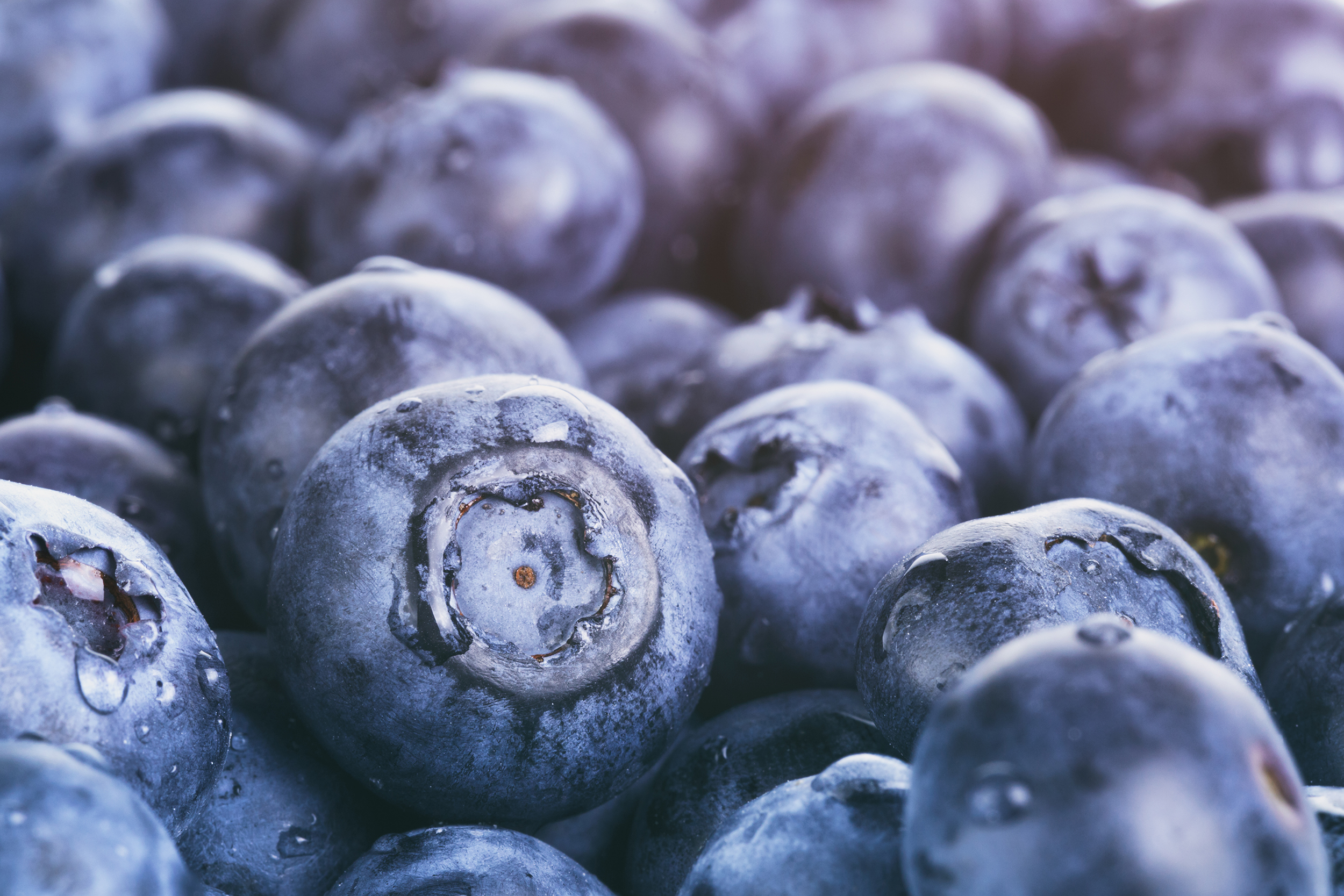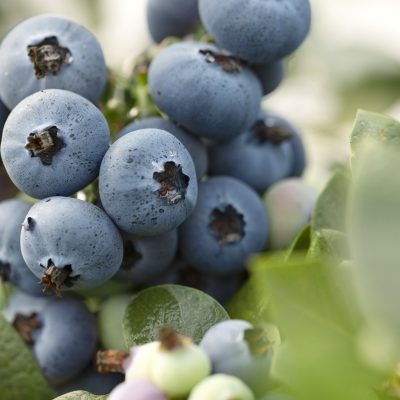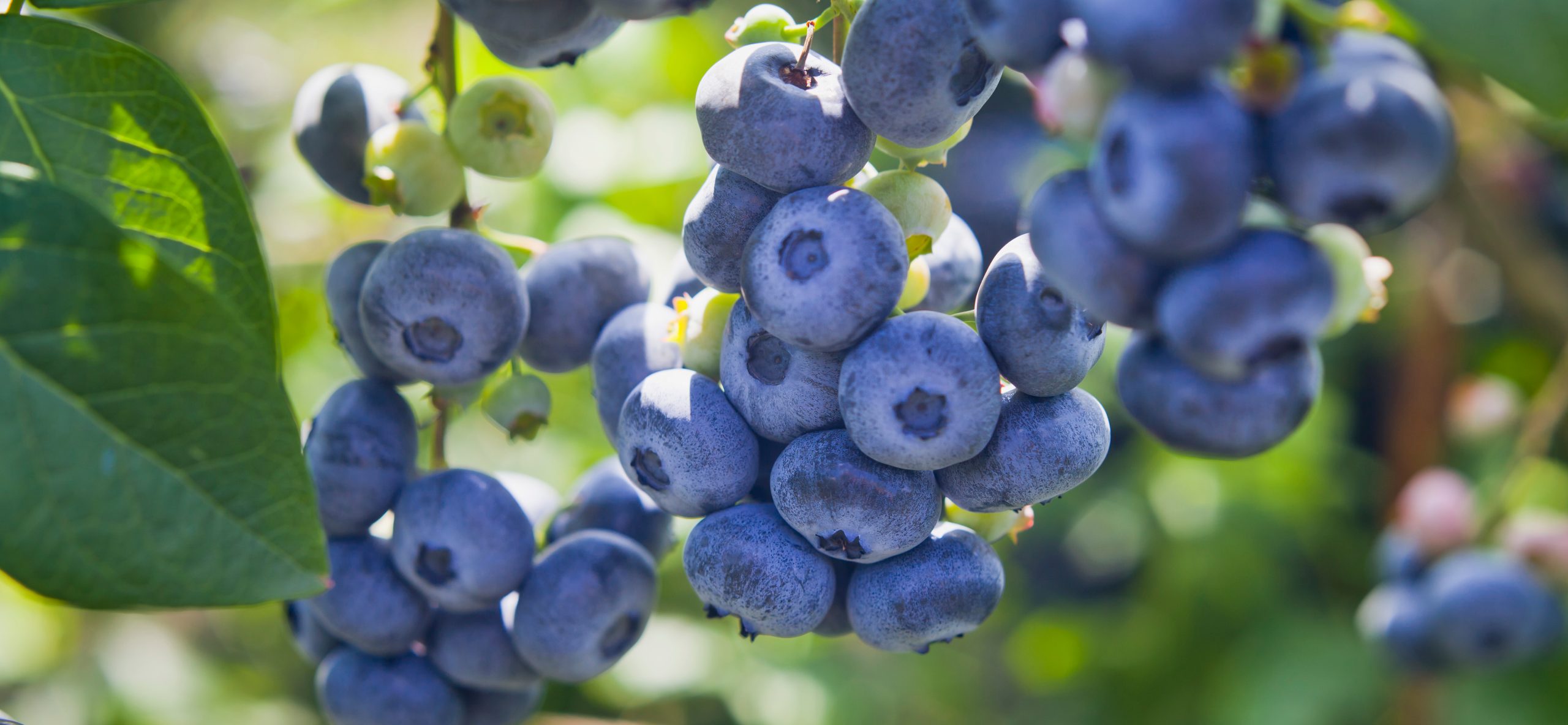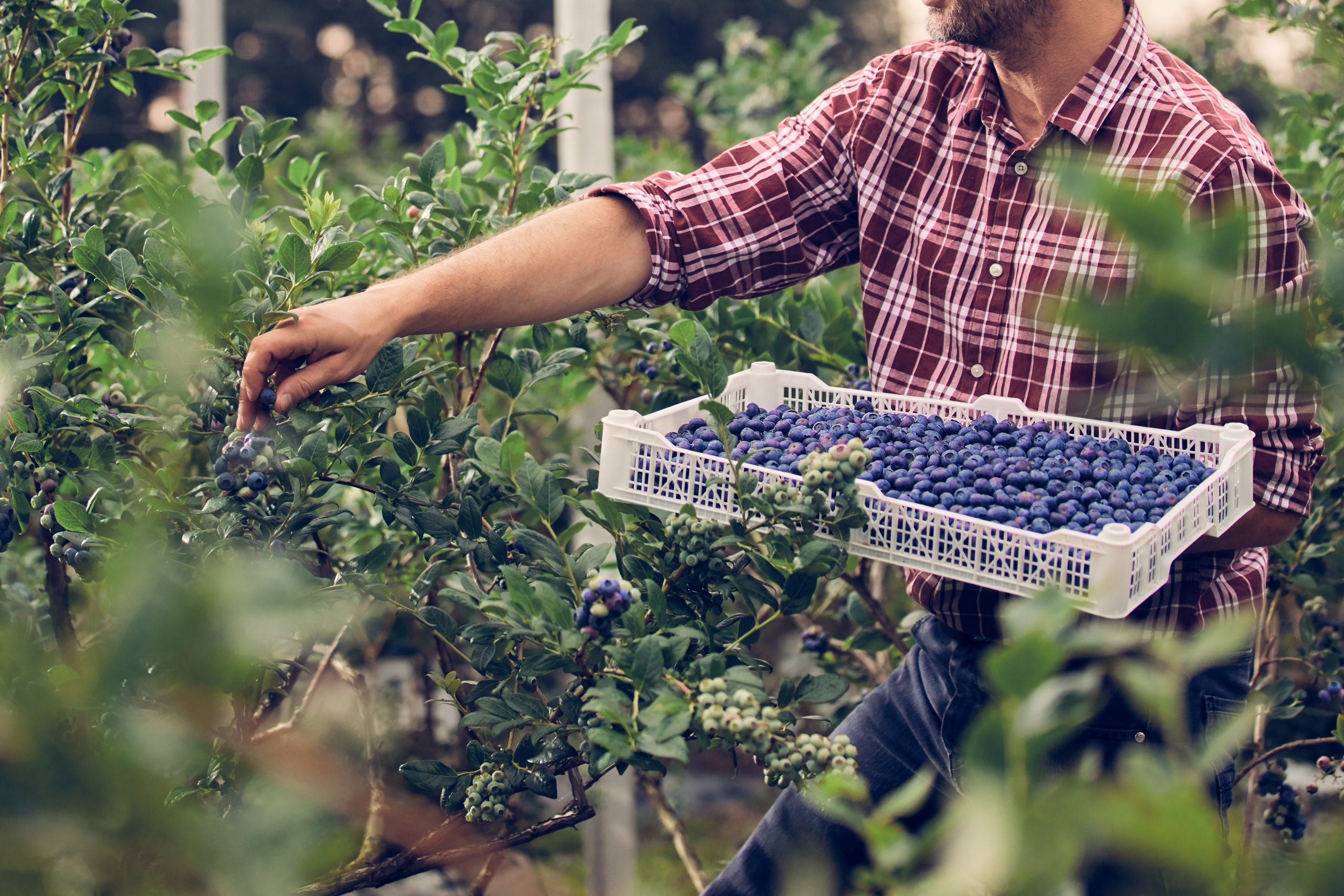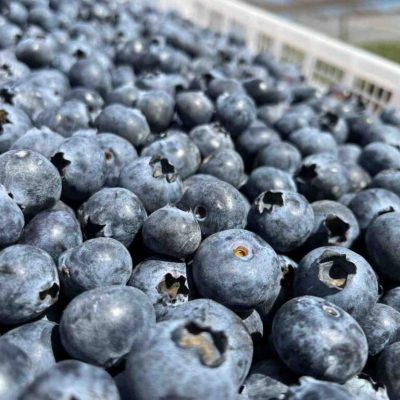Vietnam opens doors to fresh U.S. blueberries
U.S. blueberry growers have a new overseas market for their fresh product.
In a Feb. 13 letter to the USDA Animal and Plant Health Inspection Service, Hoang Trung, the director general of Vietnam’s Plant Protection Department, wrote that Vietnam has opened its borders to fresh blueberry imports from the U.S. effective Feb. 15.
“This is a big deal,” said Bryan Ostlund, administrator of the Oregon Blueberry Commission. “It is a significant market, and the U.S. has a great reputation there. We have a great product to offer, and now here we go.”
Oregon was the nation’s leading producer of blueberries in 2018.
Efforts to open the Vietnamese market to U.S. blueberries can be traced to 2014, Ostlund said, when the blueberry industry partnered with the potato industry on a trade mission led by the Oregon Department of Agriculture.
“We have been chipping away at it ever since,” Ostlund said. “We had a feeling it was close (to opening). To actually see a signed document is just great.”
The market opening was announced three weeks after a Jan. 23 meeting between government representatives of the two countries. Seven months earlier, in July of last year, a team from Vietnam visited the U.S.
According to documentation that accompanied the Feb. 13 letter, import permits will be granted on a systems approach and APHIS will be the body required to “ensure the efficacy of the systems approach to mitigate the risk of introducing quarantine pests.”
“I don’t see the systems approach being hugely onerous,” Ostlund said.
The permitting requirements were hammered out over several meetings between high-level government officials from the two countries, according to Matt Lantz of the Seattle market-development firm Bryant Christie.
Lantz, who contracts with Oregon, Washington and California blueberry growers to help open foreign markets, characterized Vietnam as a fast-growing market of 95 million people with an emerging middle class.
Ostlund said that he was grateful for the Oregon Department of Agriculture’s and the USDA’s assistance in opening the market.
“Without their involvement, that would have been very difficult to do. They really helped us open doors and start that dialogue with their government offices,” he said.
“With increasing production, especially on the West Coast, we need all the markets we can get,” Ostlund said.
14/02/2019



